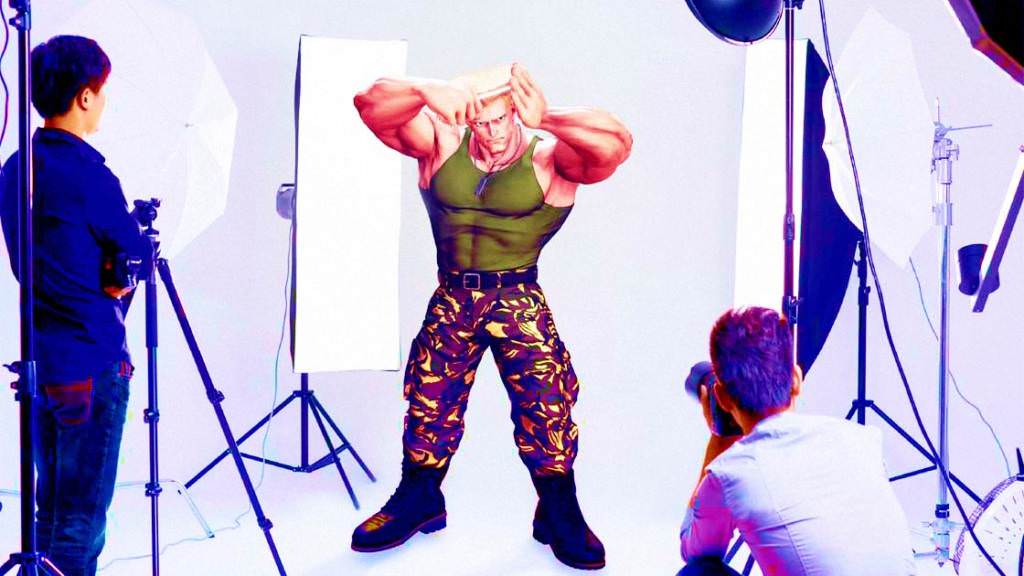Throughout the decades, brands have recruited famous stars to promote their products, but not all celebrities are flesh and blood. Little Orphan Annie promoted Ovaltine in the 1930s, and Snoopy sells MetLife dental insurance to this day. Even Minnie Mouse teamed up with fashion designer Monse for the New York Fashion Show this year, proving that the cartoon fashionista has “still got it.”
Fictional characters can be just as effective as spokespeople for a brand as their real-life counterparts—if not more so. Especially when reaching a young demographic.
Now that video games are close to becoming a $1 billion industry, brands are finding that certain game characters have just as much star power as traditional celebrities. This realization has led to a trend in signing video game stars to represent products worldwide, from beverages to fashion and everything in between. Fictional characters are amiable coworkers: they don’t go against a brand’s message, demand more money or post drunken tweets.
Coca-Cola: Alex Hunter
Coca-Cola recently announced that it has signed FIFA‘s Alex Hunter as its very first fictional character for a sports endorsement deal. Created for FIFA 17‘s Journey Mode, Hunter was endorsed by Adidas in the game but is now helping to sell Coke Zero inside and outside of FIFA 18.
In FIFA 18’s Journey Mode, players go behind the scenes of the endorsement deal as well as shooting a commercial. The virtual TV spot re-imagines a classic Coca-Cola commercial from 1979 in which a young fan offers “Mean” Joe Greene a Coke, which lifts his spirits.
“We created that experience inside the actual FIFA Journey Mode and instead of giving him his jersey, he takes a selfie with the kid,” Dave Madden, SVP of global brand solutions at EA said on a panel at the New York Media Festival on Tuesday, noting that the TV spot is being shared on Coca-Cola’s social channels. “It just takes the experience of FIFA and brings that to other stages—not just in the video game.”
Coke is offering cans printed with Hunter’s image on them at 7-Eleven and Walmart stores in North America—each with a download code to unlock additional in-game content.
J-Gel: Guile
Video games are full of colorful and unusual characters, and that includes Guile—a Street Fighter character with a rather unusual hairstyle. The fighter is now an official spokesman for J-Gel in Japan, complete with an interview and photo shoot.
Guile says that J-Gel keeps his distinctive ‘do in place even while performing his signature move, the somersault kick.
“The disturbed hairstyle leads to disorder of the heart,” says Guile. “It’s not cool,”
Louis Vuitton: Lightning
Last year, Louis Vuitton cast Lightning, a recurring character in the Final Fantasy game series, as its spokesmodel for the Spring-Summer 2016 “Series 4” collection. Lightning appeared in a number of magazine ads and videos posing with the collection of women’s clothing and accessories. Square Enix, publisher of the Final Fantasy series, wrote that the partnership was not just a celebration of Lightning as a character, but also of the “global, heroic woman.”
“This collaboration is not just a promotion of a game, and it is a great honor that the character herself received an offer from a world famous brand,” said Tetsuya Nomura, Lightning’s character designer, in a press release. “As a result of this collaboration, this has infused new breath into the character.”
https://youtu.be/ImWljqM8kG8

